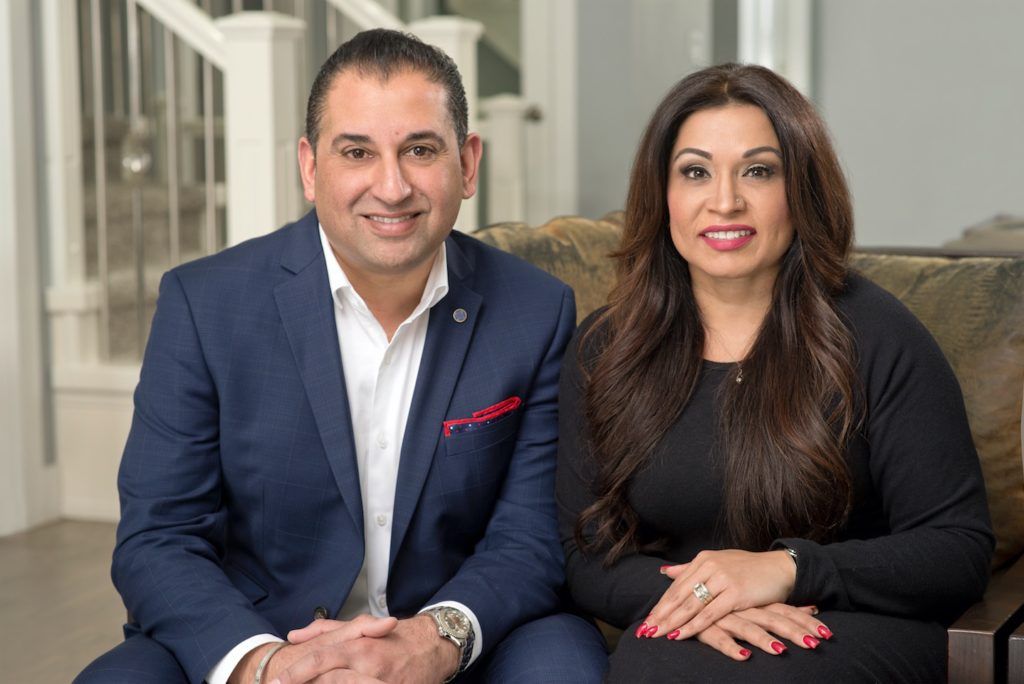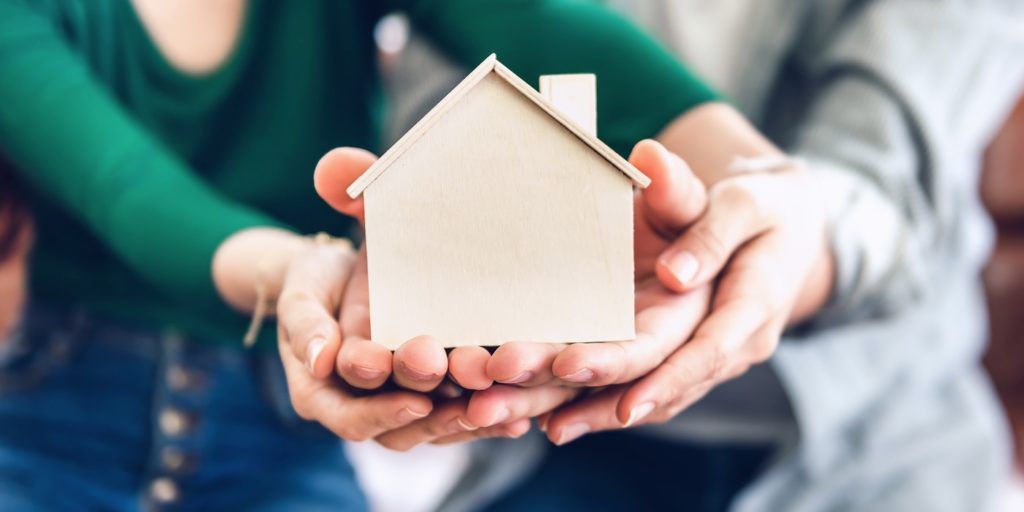Deferring Mortgage Payments. (Covid-19)
In response to the Covid-19 crisis; for those individuals financially affected, banks and the government have announced that payment relief may be available for up to 6 months of deferred mortgage payments.
As information is changing daily, or hourly, if you have any questions, please contact us directly to discuss your financial situation. The following information is a general guideline, each lender deals with things a little differently. So, here’s what you need to know.
Just because lenders are offering deferred mortgage payments, doesn’t mean you will qualify. Lenders are looking at each case individually and will only offer deferral upon their sole discretion. If you haven’t experienced income disruption, you won’t be eligible for payment deferral.
To qualify, you will have to prove not only that you have been directly financially impacted by Covid-19, but that you have no other means of making your mortgage payments. In other words, you have to prove genuine financial hardship.
Before making an application to your lender for deferred payments, you should consider applying for EI and continue making your payments as scheduled. Good advice is only to contact your lender if you have an immediate need and you would otherwise default on your payments.
To be clear, deferred does not mean free. If you defer your payments for up to 6 months, you will still be responsible for paying that money to the lender. In fact, at most lenders, deferred payments could be added on to the principal mortgage amount and could incur additional interest.
Once your payments are resumed, they might increase your regular payment to maintain your existing amortization schedule.
If you are in a place where your only option is to defer payments, so you don’t get behind or default on your mortgage, you should contact your lender directly. Should you call and not get through, consider sending an email. Here is a template for you to follow. Edit as required.
Subject: “your name” & “mortgage #”
My name is “your name”. I would like to inquire about mortgage payment relief. My income has been disrupted by the Covid-19 virus, and I have limited means to make upcoming mortgage payments.
My address is “insert address”, and my contact information is “provide the best way to contact you”.
Please advise of the next steps.
“your name.”
The simple answer is, no. A lender approved deferral is not like missing a mortgage payment. However, if you don’t communicate with your lender and just skip a payment, it could negatively impact your credit score.
Now, the truth is, payment deferral shouldn’t impact your credit score, BUT, in these unprecedented times, and with the overwhelming number of deferral applications and banks having never handled anything like this before, it wouldn’t be a big stretch to imagine that mistakes could be made. Misinformation could get misreported to the credit bureaus.
Payment deferral isn’t the only option you have at this time. You may qualify for any of the following:
A mortgage refinance
Restoration of your original amortization (to lower your payment)
Hold a payment (during a temporary suspension of income)
Negotiated reduction of payments
If you are in a place where the Covid-19 has financially impacted you, and you need someone to discuss all your options – including deferring payments, please contact us anytime.
Let’s discuss your financial situation and work together on a plan to get you through this!
Share
Sign up to to our newsletter to hear weekly updates on market news, timely buyer/seller tips, and up to date rates





